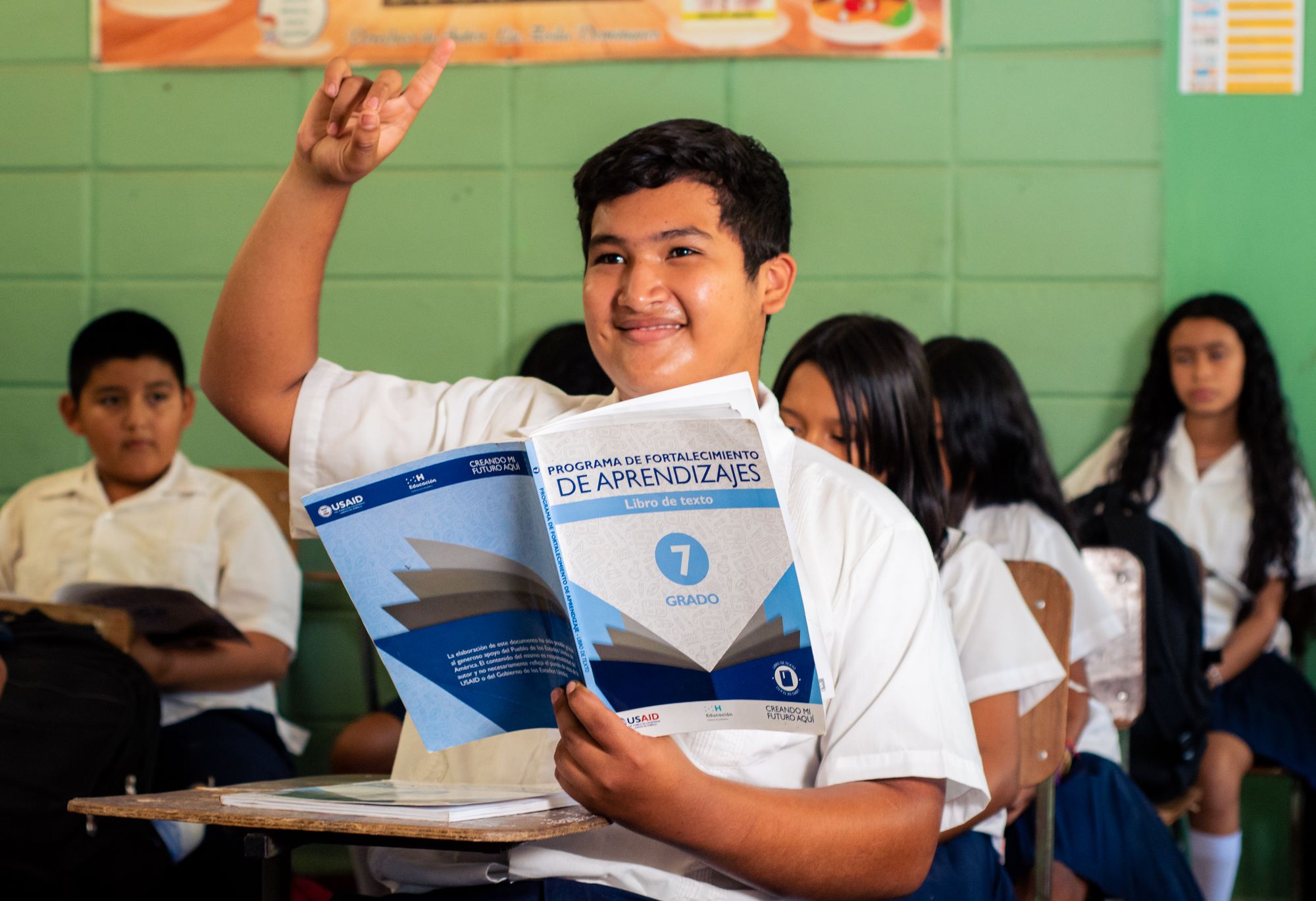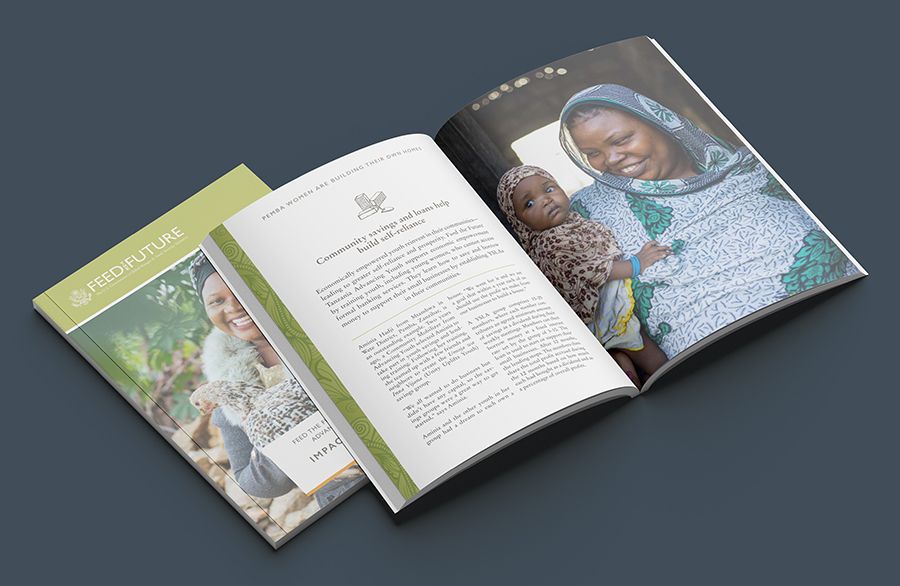Although many high-income countries are getting older, the global population remains young. According to the World Youth Report, the number of 15- to 24-year-olds reached 1.8 billion in 2020, representing about 15 percent of the total population. And these figures are expected to increase.
Including the perspectives of young people in global development has long been touted as important, but the policy instruments for youth inclusion, participation, and empowerment don’t always adequately reflect that principle. In 2020, the European Union (EU) launched a project called Analysis of Youth-Related Policies and Actions and Future Recommendations. Led by DAI, it identified best practices for donor-funded activities focusing on young people around the world and its research informed the creation of the EU’s Youth Sounding Board, a platform to provide young people a voice on international development cooperation.
How Young People Can Contribute to Sustainable Development
Almost 90 percent of all people under 25 live in low-income countries, a large share of them in Africa and Asia. Many of them battle challenges such as high unemployment, persistent conflict, the adverse effects of climate change, and a lack of access to decent education and healthcare, all of which prevent them from thriving.
Research by the project team shows that while many donors do have mechanisms for including young people in programs, these mechanisms often fail to bring in young people at critical moments. Young people are typically included as “beneficiary” groups, for example, but rarely brought into related policy decision making or the monitoring and evaluation processes. If youth empowerment is defined as enabling young people to participate in decisions that affect them and their communities, giving young people a tangible and significant impact on those decisions, many development programs are not meeting that objective.
An EU Priority
For its part, the EU certainly has a strong commitment to youth in policy making—both within and outside the Union. Since 2021, the EU has had a dedicated Commissioner for Innovation, Research, Culture, Education and Youth, Mariya Gabriel, and the current Multiannual Financial Framework reflects a sharp focus on young people. Moreover, 2022 has been declared the European Year of Youth, highlighting the importance of “including the voices of young citizens of the Union to shape a better, greener, and more inclusive future.”
The EU is currently developing a global Youth Action Plan to guide youth participation over the next five years across different sectors—the consultation process was supported by our project.
The Youth Sounding Board
The Youth Sounding Board—that draws on initiatives conducted by various organisations and EU member states—aims to create a meaningful space for young people to have a say on topics related to partnerships with countries outside the EU.
“The decisions we politicians are taking now—on climate change, economic recovery, education, and so on—will have long-lasting consequences for this planet and its people,” said Jutta Urpilainen, EU Commissioner for International Partnerships. “It is therefore more than right that we consult those in the frontline—the young people of today.”
Young People Want to Contribute
Interest in joining the Youth Sounding Board was immediate and impressive—the project team processed about 4,000 applications from young people all over the world, of whom 25 were selected for two-year terms. Hailing from Africa, Asia, the Middle East, the Pacific, Latin America and the Caribbean, and Europe, they are a diverse group, selected based on their expertise, interests, age, gender, and background.
The board has been operational since July 2021 and has met three times to advise Urpilainen and the EU Department for International Partnerships on topics spanning all EU priorities, including climate, sustainable growth and jobs, digital innovation, and peace and security.
“These talented, bright young people will help us make the European Union’s external actions work better for their peers back home and across the world,” Urpilainen said.
Maksymilian Fras is a capacity-building expert and Olivia Govik is a Communications Specialist.





